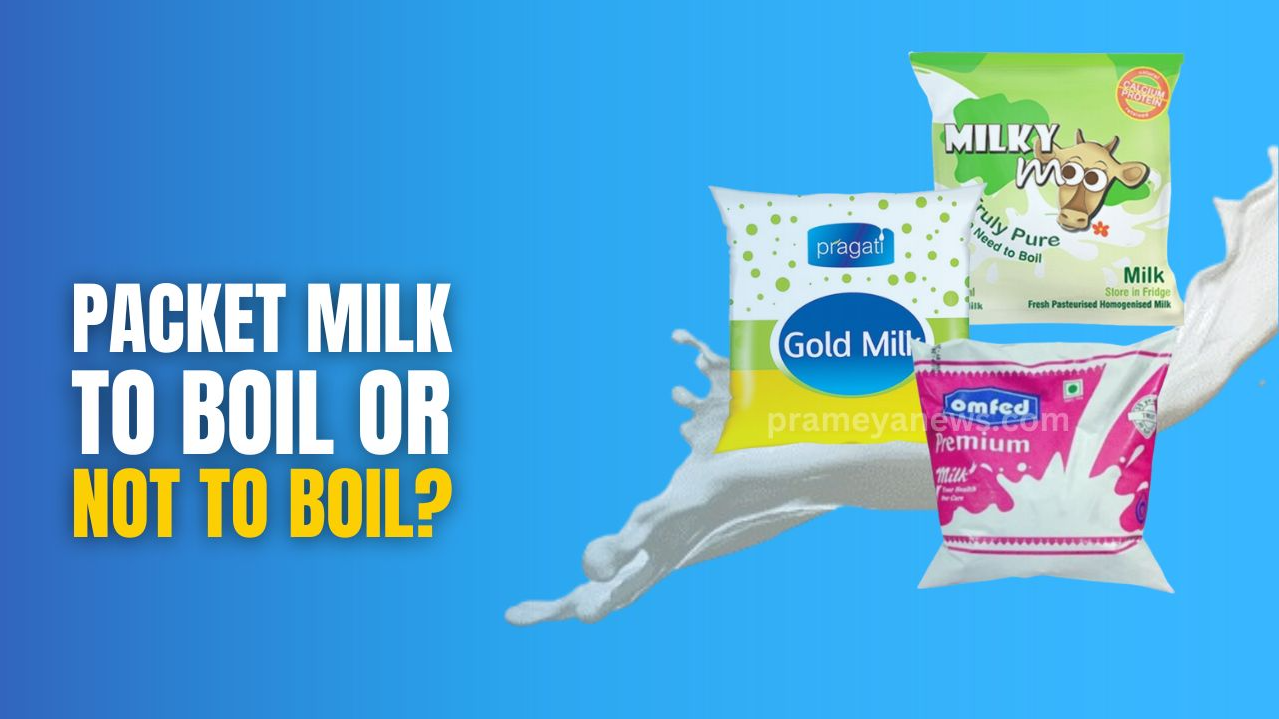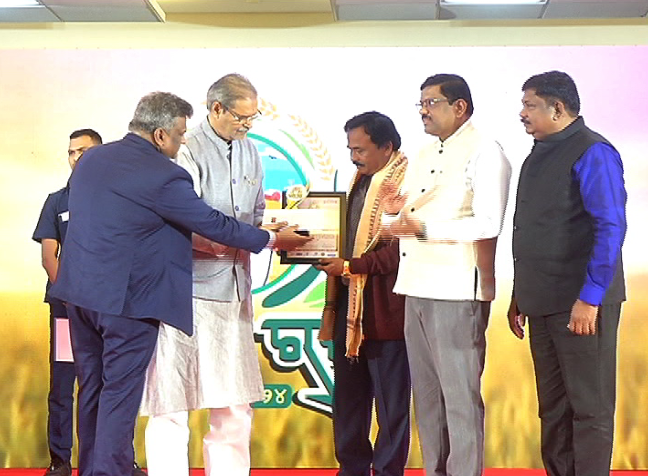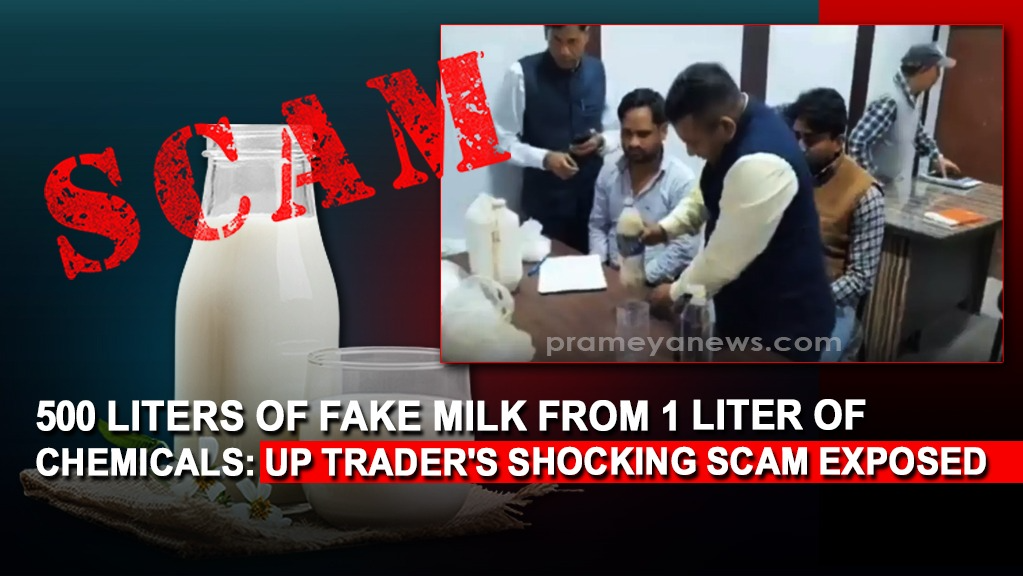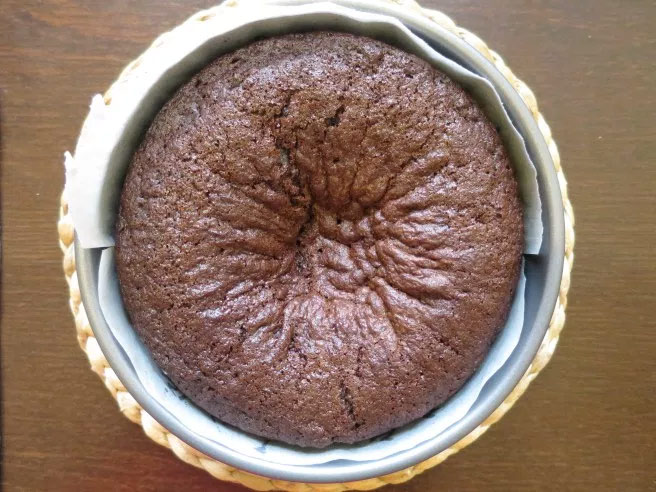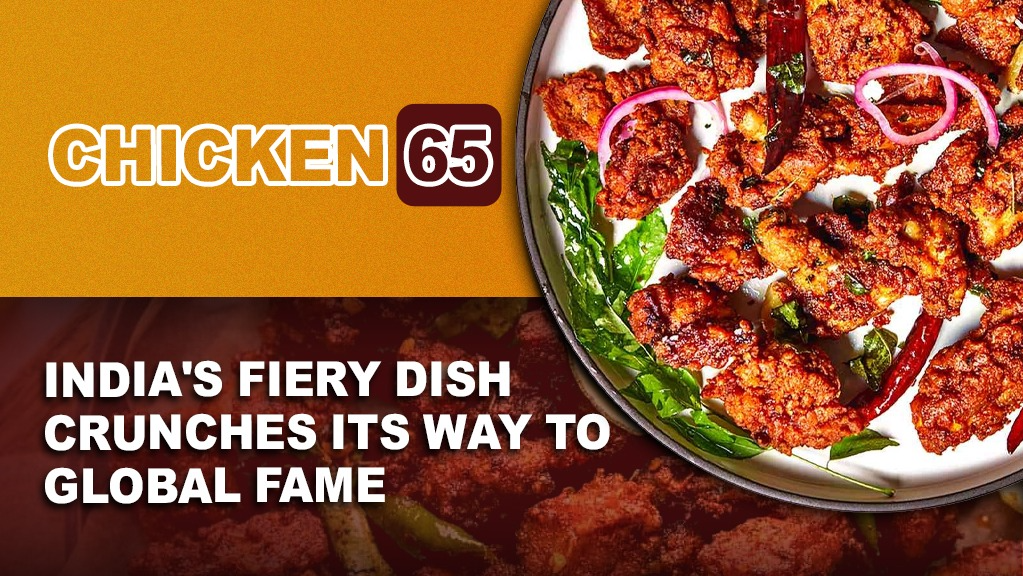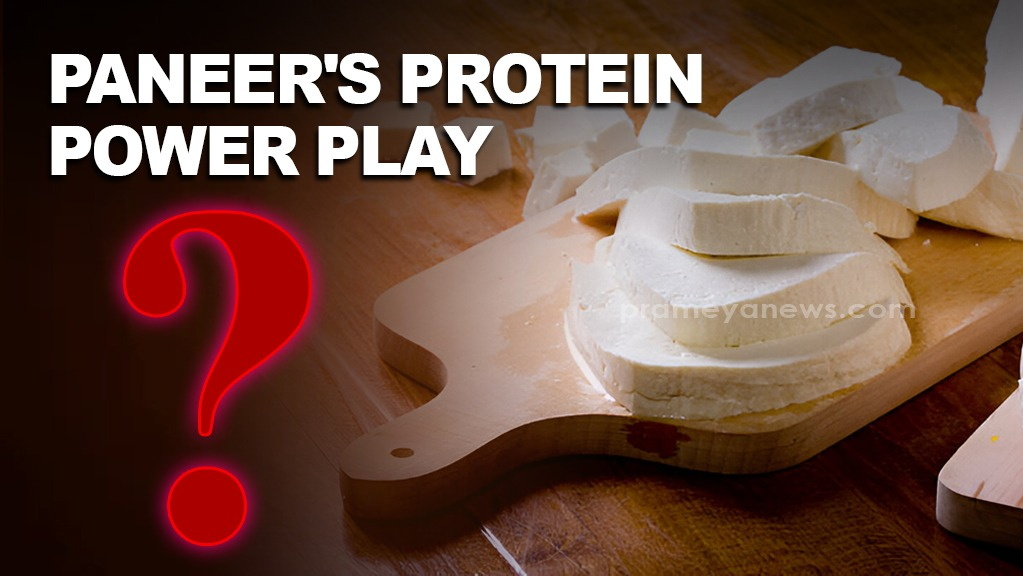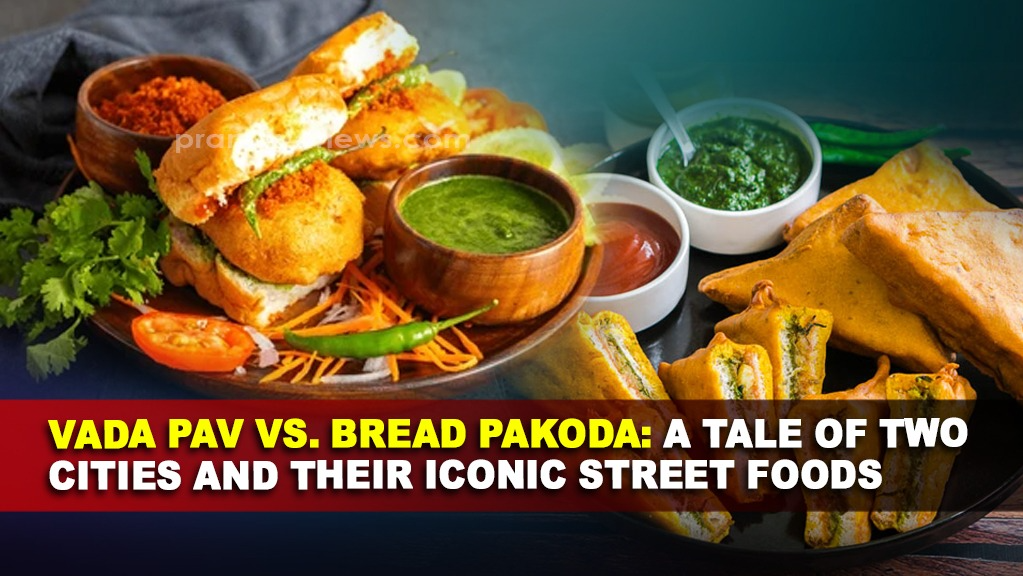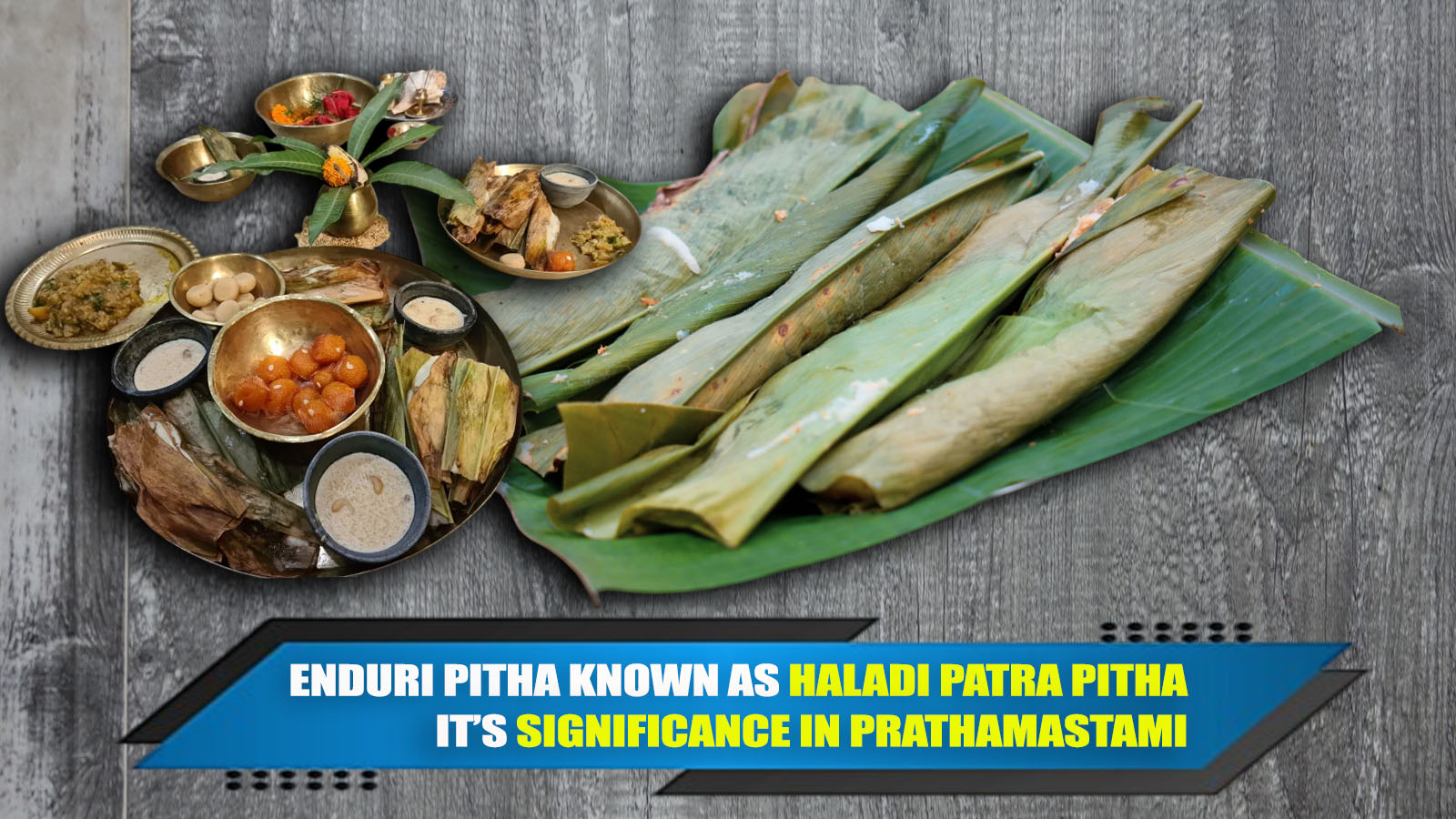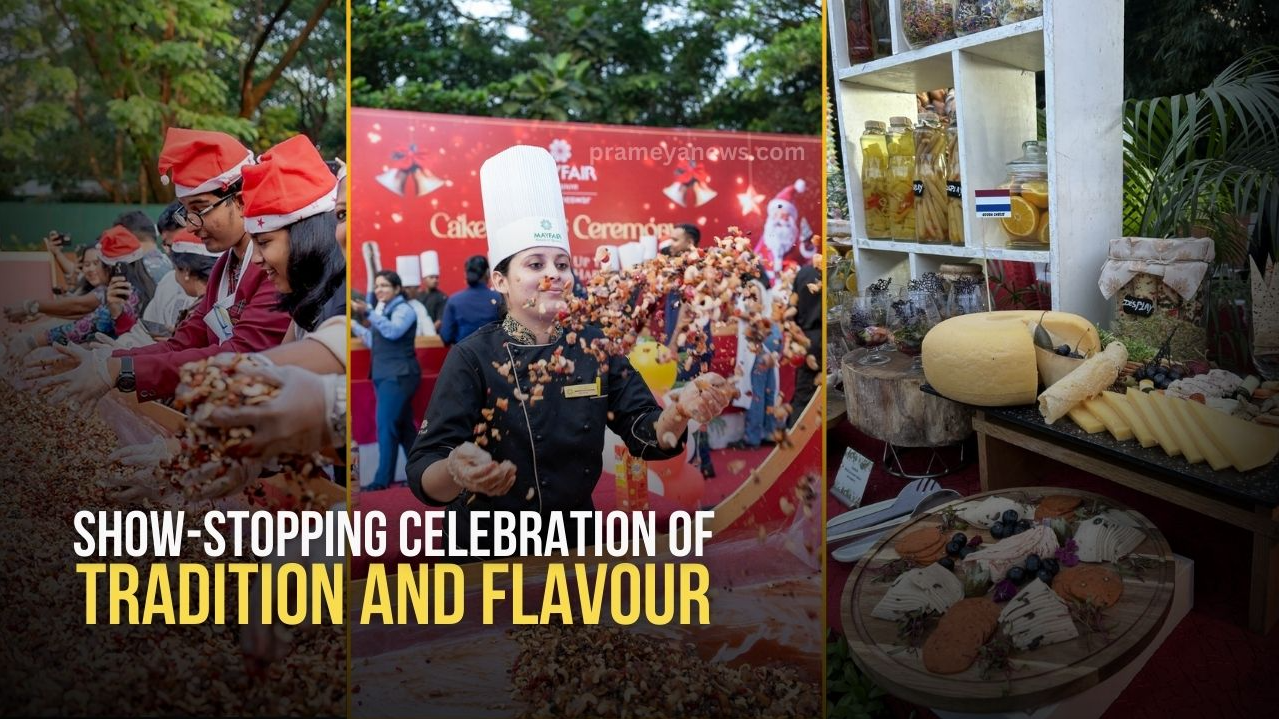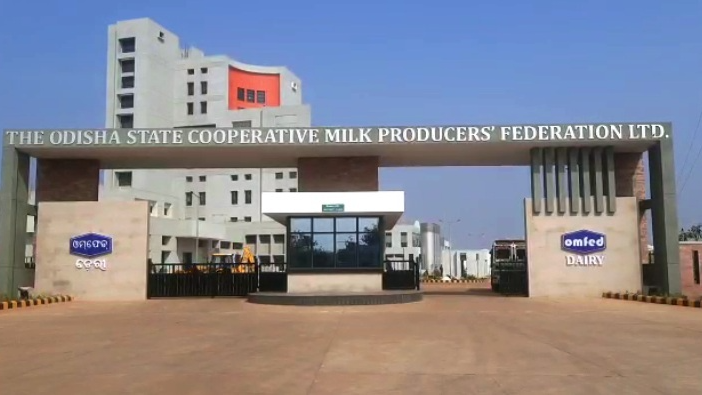Satyanarayan Mohapatra / Ayush Mishra
The age-old tradition of boiling milk is deeply ingrained in Indian culture, a practice passed down through generations. But as readily available pasteurized milk from brands like Omfed, Pragati, and Milky Moo has become the pick, the question of whether this extra step is truly necessary continues to spark debate. Let's explore this culinary insight from both a nutrition expert and a food technologist.
Also Read: ICMR warning: These foods may increase ‘Diabetes Risk’
The Dietician's Perspective:
As a dietician, pasteurized milk, boiling is not essential. "Brands like Omfed, Pragati, and Milky Moo adhere to stringent safety and hygiene standards, employing advanced pasteurization techniques that effectively eliminate harmful bacteria. This makes their milk safe to drink straight from the packet."
The cultural significance of boiling milk, particularly in India, the concerns is mainly about hygiene and milk qualities have been prevalent. Boiling was crucial to ensure the safety of raw, unpasteurized milk. However, modern pasteurization processes have revolutionized milk safety, rendering additional boiling largely unnecessary.
Individuals with compromised immune systems or digestive sensitivities might benefit from gently warming the milk instead of consuming it cold. This can make it easier to digest while preserving its nutritional benefits. Still milk remains an excellent source of calcium, protein, and other essential nutrients, regardless of whether it's boiled or not.
Pasteurisation the Food Technologist's insight:
Mr. Ayush Mishra, a seasoned food technologist, provides a scientific perspective. "Pasteurisation is a meticulously controlled heating process designed to eliminate disease-causing microorganisms without compromising the milk's nutritional and sensory qualities," he explains. "Brands like Omfed, Pragati, and Milky Moo utilize advanced pasteurization methods, ensuring their milk is safe and wholesome."
He emphasizes, "Boiling pasteurised milk doesn't enhance its safety and can even be detrimental. Excessive heat can lead to protein denaturation, affecting the milk's texture and taste. It can also cause the loss of volatile aromatic compounds, diminishing the milk's natural flavor profile."
Mr. Mishra advises, "If you enjoy warm milk, gentle heating is sufficient. Avoid a rolling boil to preserve the milk's nutritional and sensory attributes. Think of it: as warming, not cooking, the milk."
Despite the scientific evidence, many consumers remain hesitant to abandon the practice of boiling milk. This stems from various factors, including ingrained habits, concerns about milk adulteration, and taste preferences.
Addressing these concerns, Mr. Mishra explains, "Reputable brands like Omfed, Pragati, and Milky Moo employ rigorous quality control measures to prevent adulteration. Their packaging also helps preserve the milk's quality and safety."
He adds, "While boiling can alter the taste and texture of milk, creating a thicker consistency and a slightly caramelized flavor that some prefer, these changes don't signify any nutritional enhancement."
The final word
Both experts agree that boiling commercially pasteurized milk is not necessary for safety. While minor nutrient loss can occur, it's generally insignificant. The decision ultimately comes down to individual preferences and specific health needs.
If you choose to heat your milk, remember to do so gently to preserve its quality and taste. Enjoy your milk, whether warm or cold, knowing that pasteurization has already ensured its safety and nutritional value.
DISCLAIMER: "The information in this article is not intended to provide medical advice and should not be relied upon for diagnosis or treatment. It is essential to consult a qualified healthcare professional for any health concerns."








